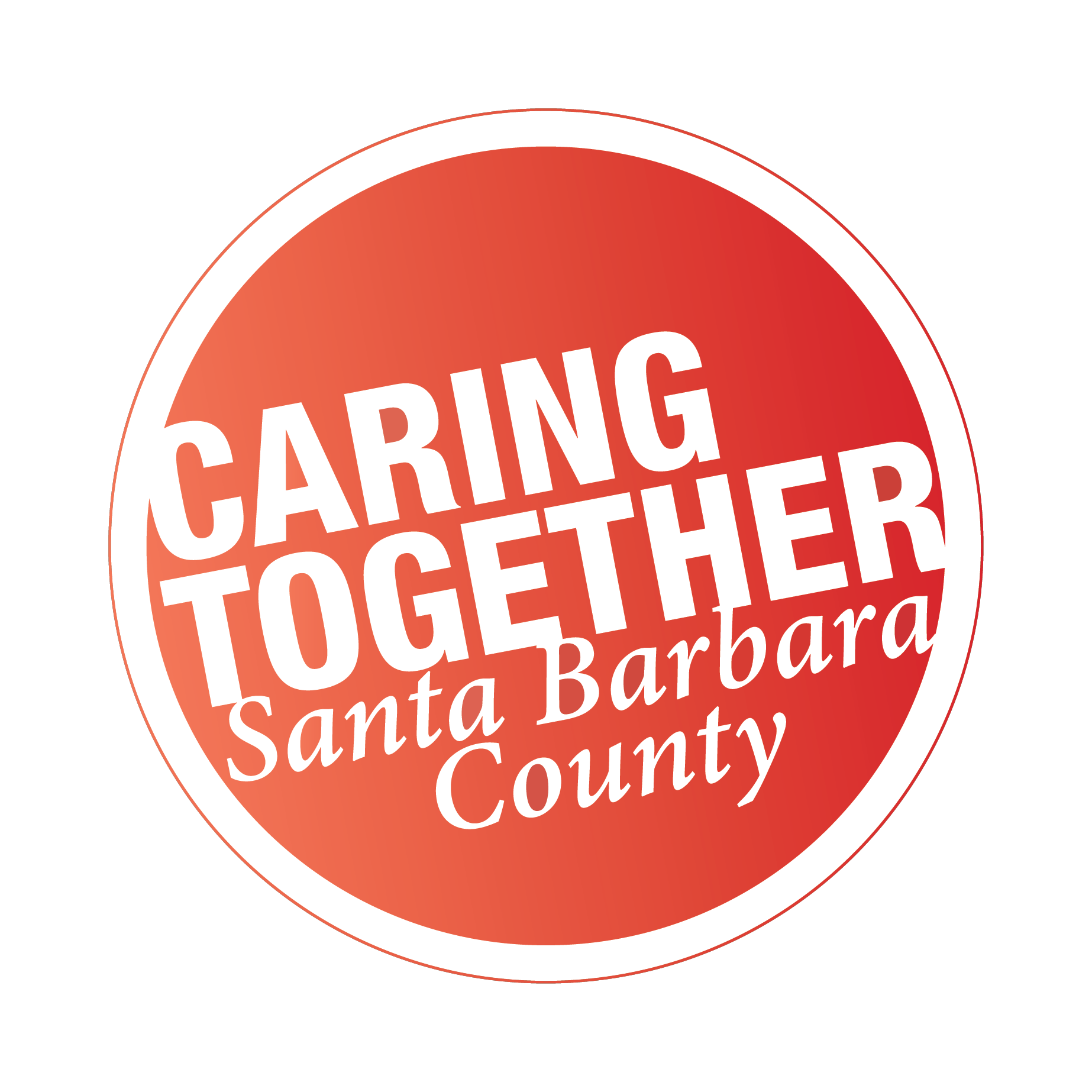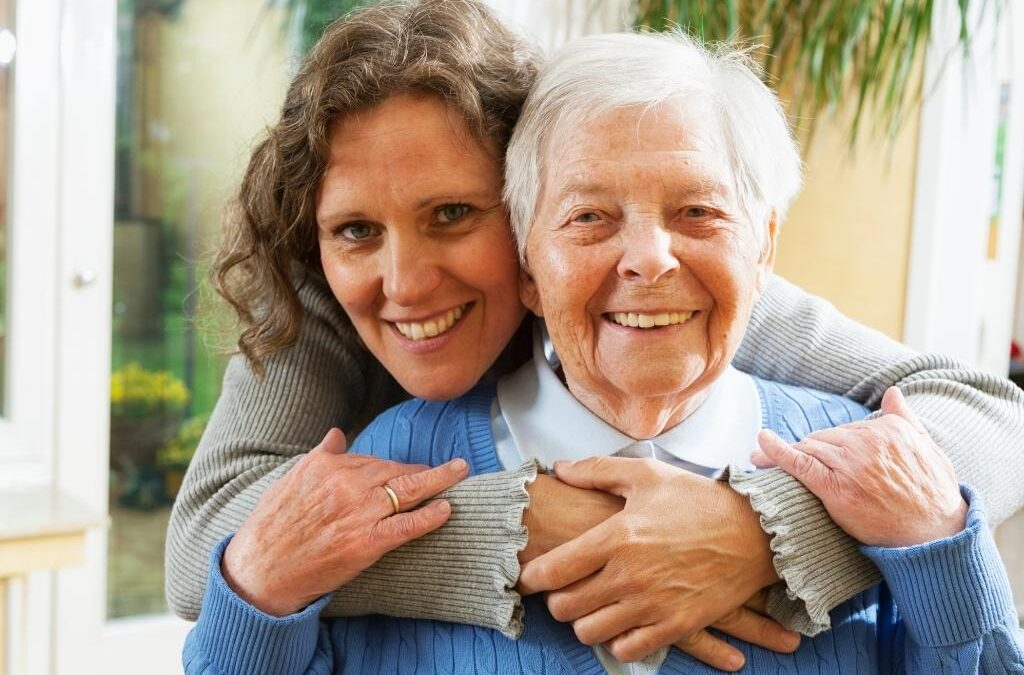By Jeanne M. West, RN, MHA
Senior Care Consultant
Caregiving for members of our family affects persons from all walks of life. It is estimated that 80-85% of care provided is by family members. Whether the care receiver is over the age of 90, in the final stages of Parkinson’s Disease, or has Alzheimer’s Disease or some other physical or cognitive impairment, the role of the caregiver is a challenge. While it is a privilege to accept the responsibility to care for your loved one, caregiving has inherent challenges and stresses along its course, from logistical and financial, to emotional and spiritual.
Taking care of yourself while caring for others
It is important to recognize the signs and symptoms of caregiver stress. This may include: feeling overwhelmed and alone, isolated or deserted by others, sleeping too much or too little, gaining or losing a lot of weight, feeling tired most of the time or losing interest in activities you used to enjoy.
Caregiver stress affects your physical and behavioral health. Studies show that stress can affect caregivers by developing depression and anxiety, weakening the immune system causing more sick days and slower recovery, increasing likelihood of obesity especially in women, and increasing risk for chronic diseases and problems with short-term memory or paying attention.
Make time for yourself to take care of yourself. Exercise is important – and try to do this with others. Keep and make new social activities. You can also try to complete exercise and help get your family member moving- take a group exercise class, join a mall walking club or walk the dog.
If you are a working caregiver trying to balance employment and caregiving, ask your employer if they have any benefits that fit your needs. Is there paid family leave? Paid sick leave? Scheduling flexibility?
Assessing needs
Understanding your needs as a caregiver is just as important as the needs of the person receiving care. As a caregiver, do you need training and information about the tasks that you will be expected to complete? Training can often be provided by a home health nurse.
Consider the safety of the care recipient in their living environment by conducting a home safety evaluation. Does the care environment need to be adapted? Are there tripping hazards? Are repairs needed? Is the house well lit, inside and out? Is there clutter? Is there carpeting or safety grips on stairs?
Involving other people
Although care may be provided primarily by one person, all family members, friends and significant others should be involved. Holding regular family conferences is a great way to maintain communication and address issues as they arise. When necessary, you can bring in an objective third-party to deal with conflicts.
Securing professional advice and assistance can help to reduce stress and ensure the best course of action is underway. Getting help can help to ensure objectivity and a clear perspective and may enable one to be a better caregiver.
Santa Barbara County is a community with many resources for caregivers. Consider consulting Senior Connection, a program of the Central Coast Commission for Senior Citizens at (800) 510-2020 or (805) 928-2552.


